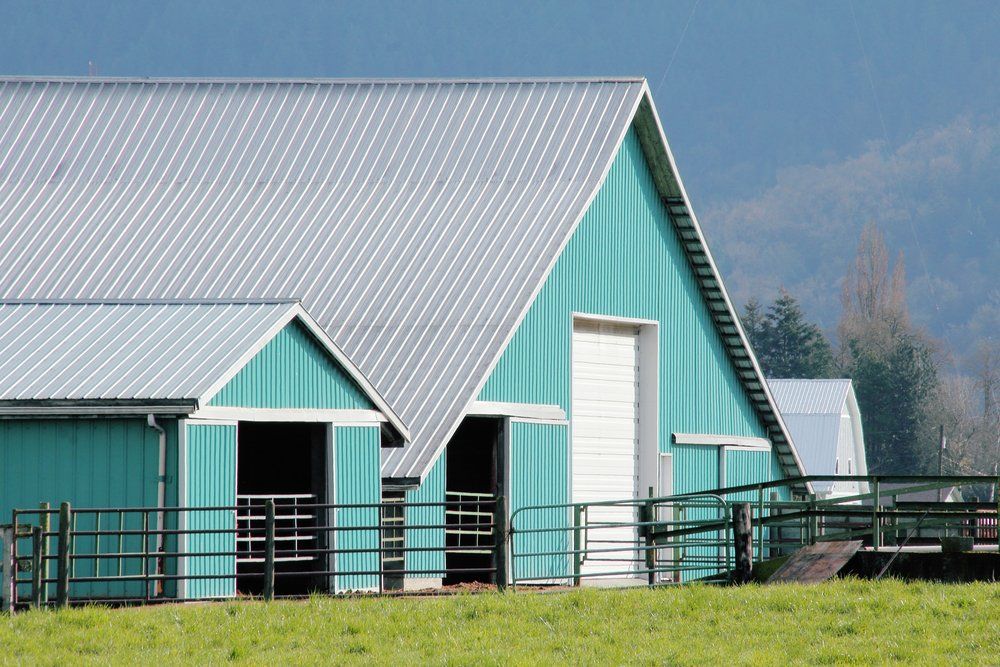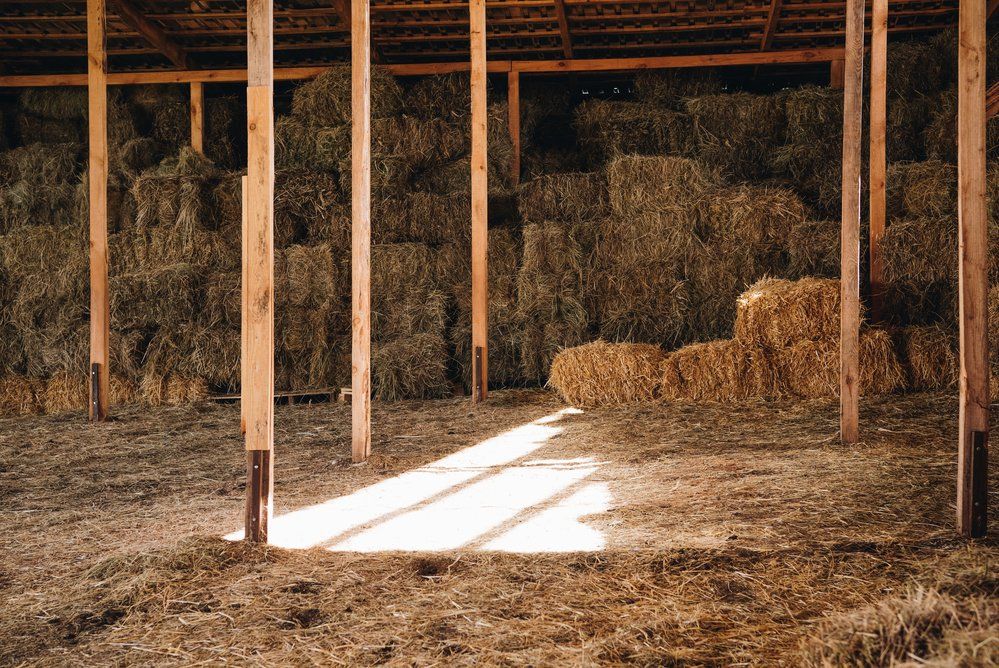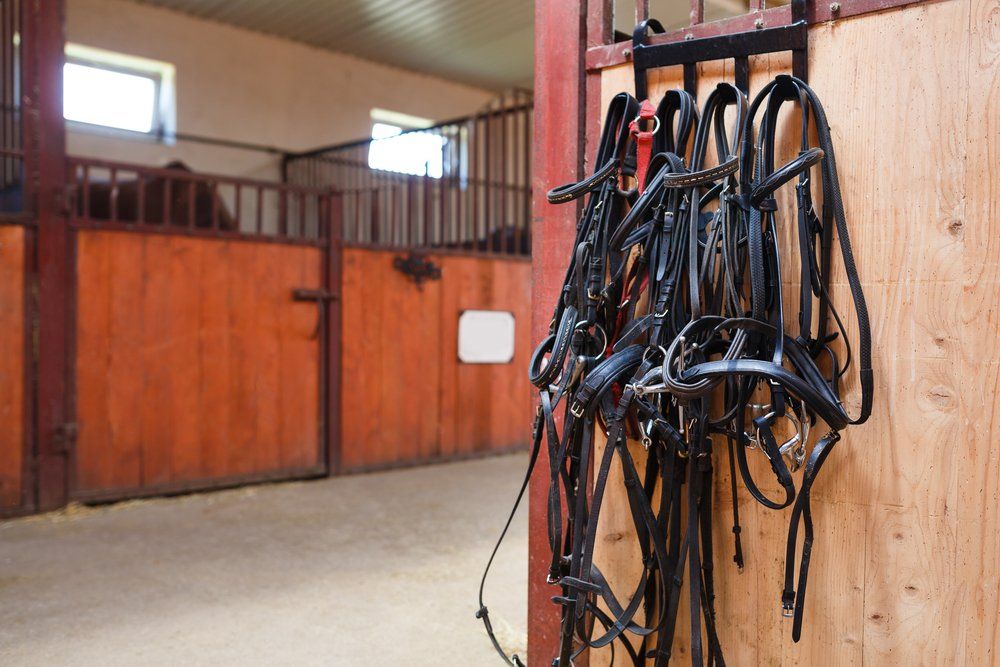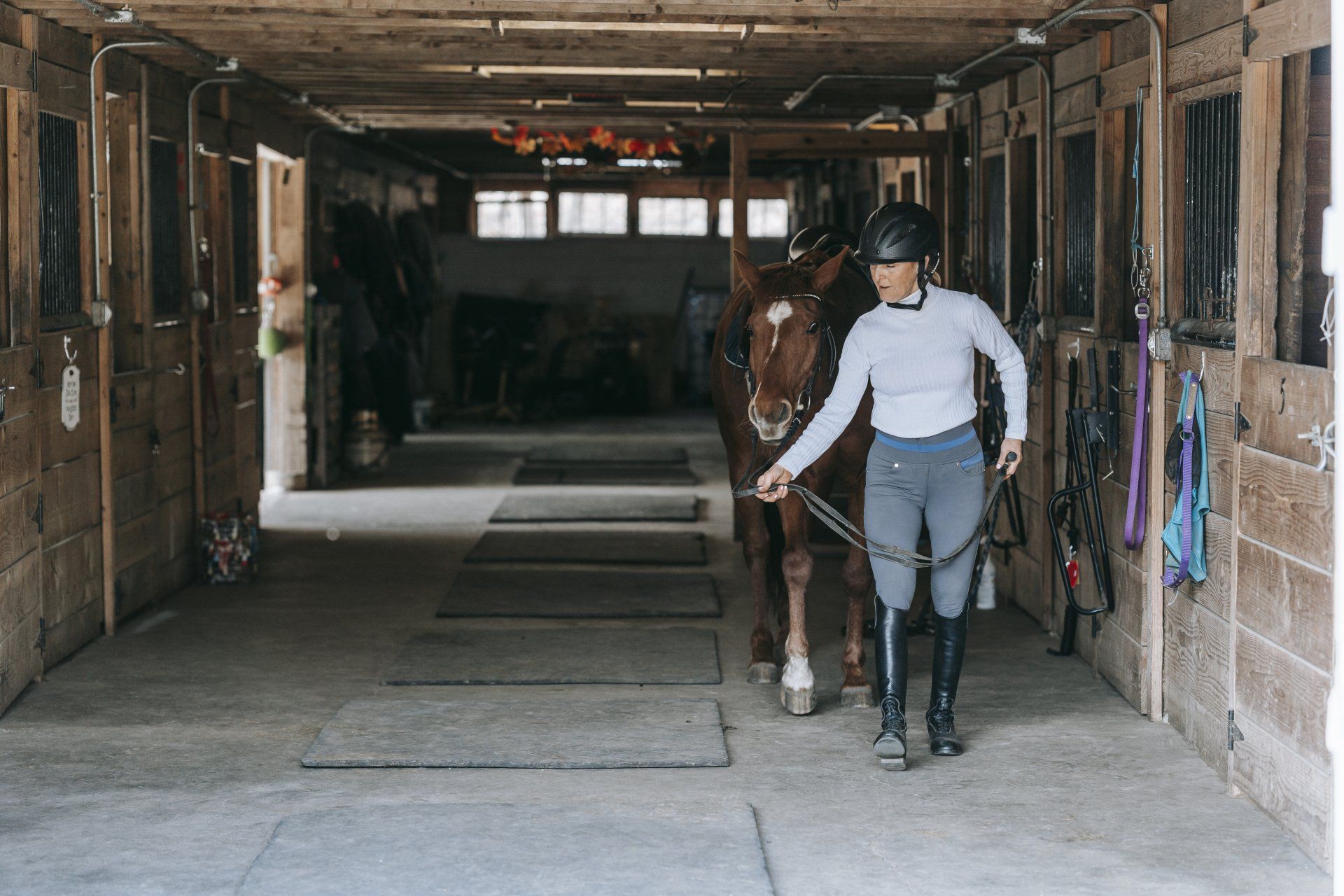Starting a Horse Boarding Business in Florida
Transforming a Pole Barn into a Horse Boarding Facility
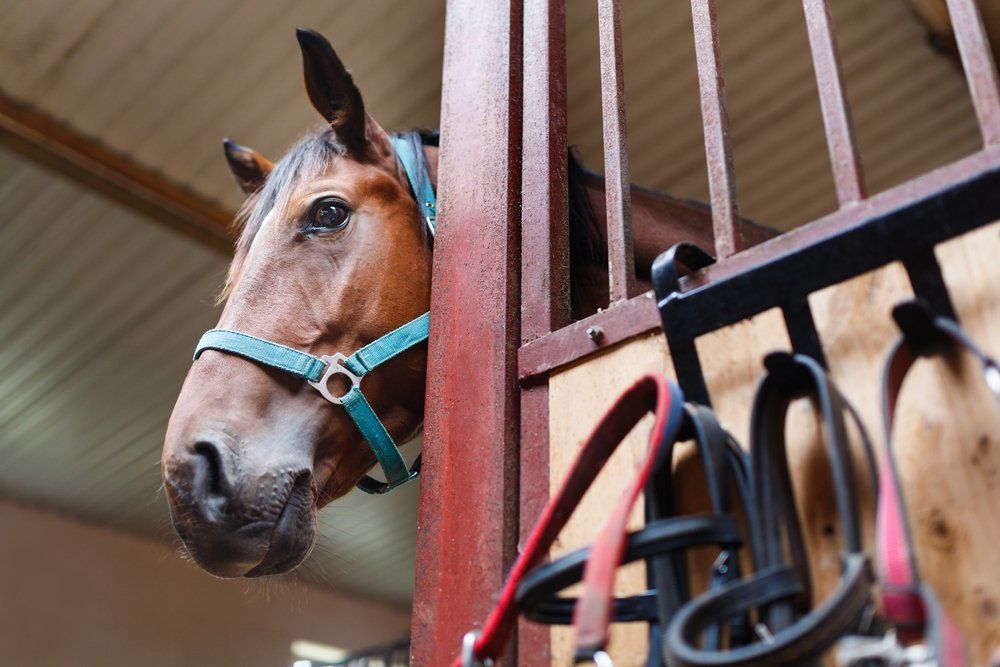
Horse boarding is a profitable business venture in the equine industry. If you currently operate an equine facility for your business, you should consider converting your facility by adding more paddock space and horse stalls. It is an investment that could pay off greatly in the future.
Of course, you must consider the financial risks of starting an equine business. Horse boarding can be pretty lucrative, but it could also be a venture that destroys you financially if you’re not prepared.
Here are the considerations you need to factor into your decision on whether to start an equine business:
Facility
Is your current equine facility sufficient to operate a lucrative horse boarding business? What kind of additions and changes should you make to your current barn before the grand open? Before making an investment decision, you must understand all the hidden expenses involved in running such a business. Otherwise, you could lose substantial amounts of money in the long run.
Space
Do you have enough space on your property for the horses? Your hoarding barn, paddock, and land field must have enough space to comfortably house, feed, and maintain your horses.
In addition, you’ll have self-boarders and a full-time boarding staff who’ll want to use their horses around the same time. That is why you need enough space to accommodate all the business traffic you will get from your horse boarding business.
Pasture Management
Much responsibility and planning go into pasture management because you must consider the possibility of numerous horses eating and moving in the same areas of your field. A responsible pasture manager will take the appropriate steps to drive in their horses rather than turn them out.
The first step is to develop a rotation-grazing strategy to keep your field alive and prosperous for your horses. A county extension agent can help you develop this strategy because it requires much more planning than merely adding a fence around your horse field.
Legal Boarding Contract
When you’re ready to begin accepting clients for your horse boarding business, you must prepare a legal boarding contract for each one. An attorney can create or review the contract to ensure all the essential provisions are listed.
Every legal boarding contract should contain the following elements:
Client Contact Information and Equine Identification Information
Include a full description of the client’s horse, including any preexisting physical injuries or illnesses. You should also include digital photos or images of the horse too.
Add the client’s name and contact information, including their address and phone number. In addition, ask the client for the names and contact information of two other people they trust to make decisions on their behalf in case the client is absent for some reason. The client must be willing to permit you to acquire veterinary services for their horse if you are unsuccessful in reaching their two contacts.
Ask the client if they have insured their horse. If they have, add the insurer’s name, address, phone number, and the number of the insurance policy.
Fees
All service fees must be presented and explained clearly. Make a clear distinction between which expenses you will cover and which ones your client will cover.
For example, if a client has a skinny horse that requires double the food intake of an average horse, it will cost you more money to maintain the horse. Therefore, in the contract, you need to clarify that additional feed, bedding, and other supplements will cost extra. Then you won’t go over budget in maintaining their horse.
Responsibilities
List all of the client’s responsibilities versus all your responsibilities as the barn owner. Which one of you deworms the horse? When will the horse be dewormed? Which instruments will be used to deworm the horse?
Get as specific as possible in describing the responsibilities of each party. Specify who is responsible for every action, including deworming, turning out, feeding, stall cleaning, etc. In addition, describe what happens if one side doesn’t fulfill its contractual responsibilities. What are the penalties for lateness from one side? Does the other side get reimbursed financially?
Barn Hours
When can the client bring guests to the barn to visit their horses? What are the operational hours of the barn? Are dogs allowed in the barn? Can people smoke or drink alcohol in the barn?
All questions like these should get answered in the contract. You’ll want to cover as many possibilities and scenarios as you can. That way, there is no debate in the future about what is acceptable and unacceptable behavior in the barn.
A Release of Liability
The client should agree to a “Release of Liability” so you don’t risk getting caught up in a frivolous lawsuit by a disgruntled client. There are currently 44 states in the country that have laws protecting equine professionals in the event that a frivolous lawsuit is filed against them.
Click here to see if your state has these protections.
